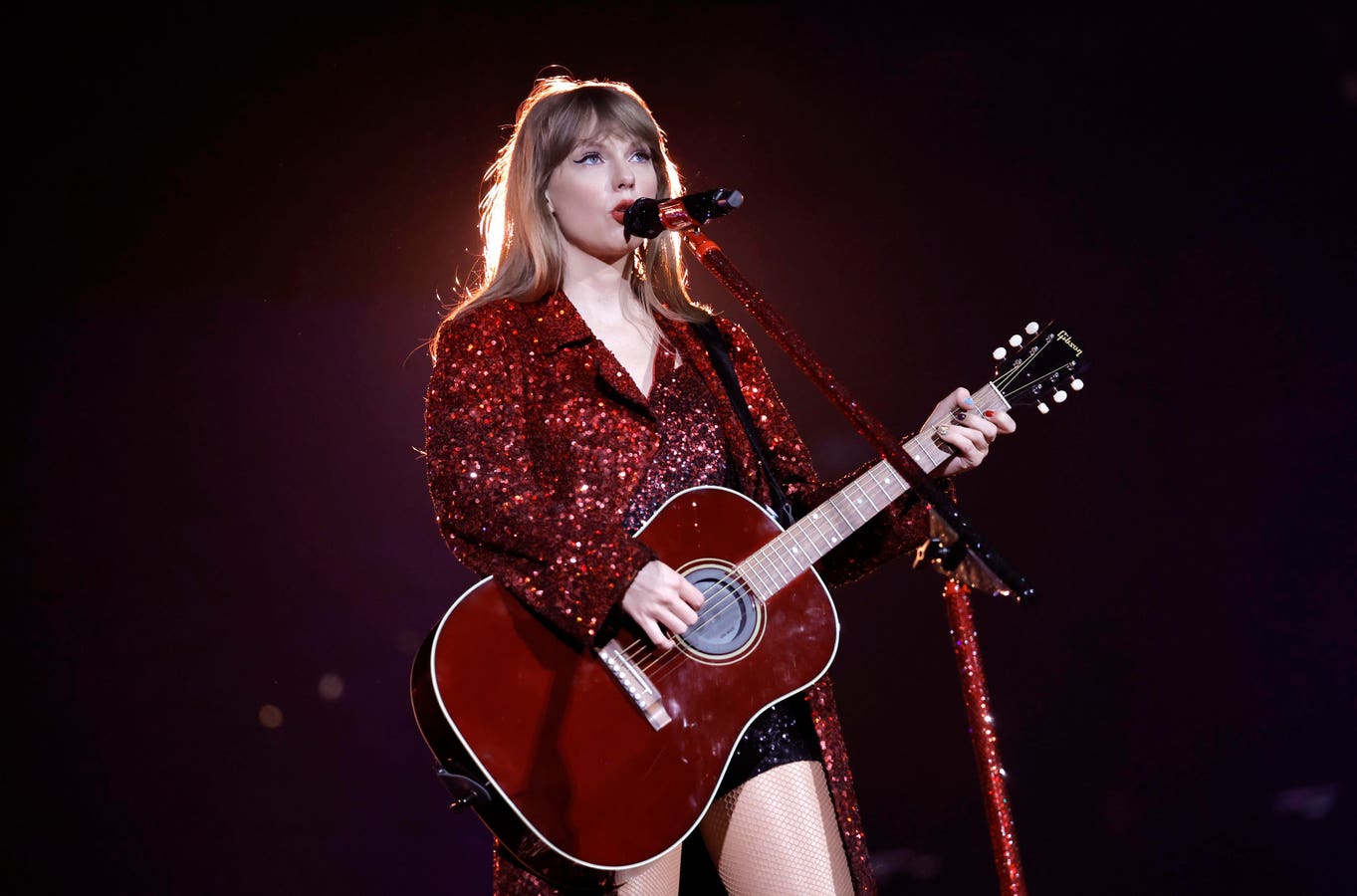Live music is booming in arenas and stadiums, but grassroots music venues continue to be challenged. How we process trauma from COVID offers a reason why
Live Nation, the world’s biggest live music company, is having one of its best years. Over 650 million tickets have been sold in 2023. Yet, grassroots music venues are struggling, so much so that a government enquiry is being launched in the U.K. to understand how best to support them. However, from Ed Sheeran to Beyonce, the success of large-scale live touring has demonstrated that live music remains an integral part of many of our lives. And this is happening despite living standards falling and the average ticket price for an established artist in the United States at $252, according to SeatGeek. All in all, we’re paying more to see fewer artists. And I think there’s a reason for this that isn’t solely about economics. I think it’s down to the pandemic and what it has done, and continuing to do, to our mental health.
The pandemic has left an indelible mark on all of us. More people are in therapy than ever before. Suicide rates continue to rise, from Korea to the United States. The lockdown, which abruptly changed how we communicate, congregate and engage with each other, is still being dealt with. At the same time, as we’re all dealing with these scars – and loss of life – inflation and interest rates continue to rise. Yet, we’re all buying more concert tickets – at higher costs – to see gigs in arenas and stadiums, while not doing the same in bars and clubs.
I believe this can be better understood by exploring the role of live music as a sort of social prescription to trauma. We are all yearning for safe spaces to congregate, and for spaces to be safe – or perceived as safe, they must offer support both our physical and mental health. Outdoor concerts and festivals are, in general, safer than those indoor if sold out and more space (i.e more capacity), often makes us feel safer, even if it is an illusion. But more than that, the pandemic has changed our listening habits. As epidemiologist Dr. Kate Innes from the University of West Virginia remarked in a VICE article: “during times of crisis, individuals are more likely to focus their energy on survival and maintenance, rather than growth and exploration.”
And this is driving all of us to arenas and stadiums and away from smaller music venues. More of us are choosing to listen to more music we’re familiar with, because this familiarity is, in effect, a form of medicine. And as a result, we all have less time and space for discovery, because discovery takes time and effort, while familiarity is more comforting.
Because we’re all turning inward musically to the familiar, to the comforting, to what we know, when we’re given an opportunity to go and see what we know live, it is far more attractive and worth the cost. Taking time – and the mental headspace required – to open one’s mind to something new then becomes less attractive because it may not respond to and soothe the trauma from the pandemic as well.
But we’re losing as much as we’re gaining here. While live music can be therapeutic, this is shrinking the pipeline that is responsible for initially creating that familiarity and as a result, we see industry readers like Taylor Swift being mentioned all the time while attendance at smaller venues – that host our next superstar, suffers.
This should make us think about why grassroots music matters and how we can best support it moving forward, because the trauma of the pandemic is going away. Nor are the swath of established artists – and their promoters – recognising the cash cow that live music is. But if we continue to prioritise our spend on music we already know, the sector will suffer long-term.
We will be dealing with the impact of covid for years and when it subsides, if it does, I worry that another trauma such as the climate emergency will take hold. We will all continue to gravitate to what comforts us and for a lot of us, that’s Taylor Swift. But she wasn’t born famous. She started somewhere, in a grassroots music venue.
Read the full article here





